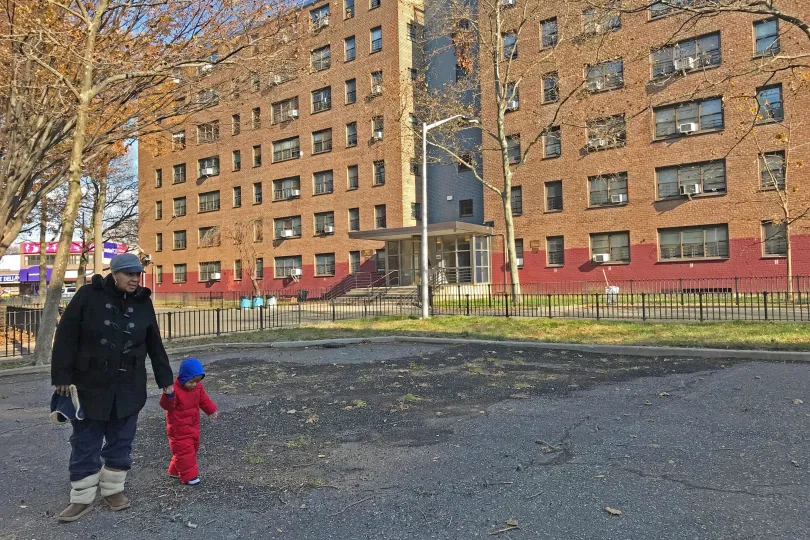NYCHA Faces Financial Crisis as Nearly Half of Tenants Are Late on Rent, With Many Awaiting Missing Aid
The drop in rental income appears to imperil NYCHA’s ability to perform repairs to aging properties as required by a recent agreement with the feds.

 This article was originally published on by THE CITY
This article was originally published on by THE CITY
Nearly half of the city’s public housing households are now behind in their rent, owing $450 million in all — a huge pandemic-related problem caused in part by tenants waiting for rent reimbursement from the state that will likely never come.
New York City Housing Authority officials outlined a drastic fiscal situation Wednesday, one that will likely imperil NYCHA’s ability to meet required deadlines for repairs to aging properties as spelled out under a 2019 agreement with the federal government.

Brooklyn Boro
View MoreNew York City’s most populous borough, Brooklyn, is home to nearly 2.6 million residents. If Brooklyn were an independent city it would be the fourth largest city in the United States. While Brooklyn has become the epitome of ‘cool and hip’ in recent years, for those that were born here, raised families here and improved communities over the years, Brooklyn has never been ‘uncool’.